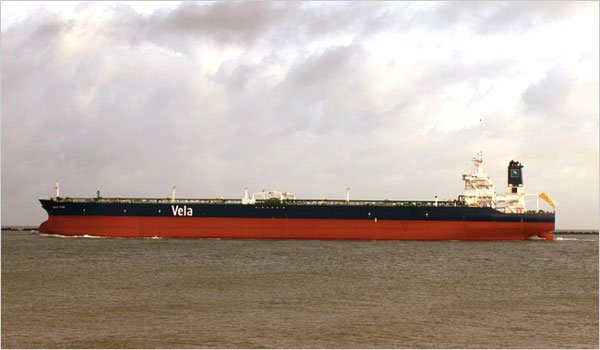It is only natural for a country like Saudi Arabia surrounded by water to consider investing in maritime industries and services. The kingdom overlooks about 2600 kilometers of very long shores from Ras al-Khafaji in the Gulf to the Gulf of Aqaba in the Red Sea.
This is the first time Saudi Arabia aims to benefit from its naval location near the three continents: Asia, Africa, and Europe with their huge markets.
By announcing an alliance with major international companies to establish King Salman International Complex for Maritime Industries and Services, Aramco added a new task in addition to its activity in oil.
According to Aramco, execution of the initial phase of the contract will be completed by the end of next year in Ras al-Khair, near Jubail in the Eastern Province of Saudi Arabia on the banks of Gulf waters.
This project paves the way for many other big projects promised in Vision 2030 to enhance resources and enable the country to enter new fields relevant to the Kingdom’s economies. The important point is to establish the correlation between these giant projects and their tributaries.
This maritime project will provide 80,000 direct and indirect job opportunities of which a huge percentage is supposed to be attributed to locals.
As long as the project will be finalized over stages, meaning its production capacity will be completed five years from now, we can assume that local educational institutions, including those specialized in maritime engineering and sciences, can focus their studies on serving this project in particular to meet human resources’ expectations.
Five years after the project is completed, we can’t justify unemployment claiming there are no trained and qualified competencies in the field.
As many as 80,000 jobs is a good number, however, it is still not enough to meet the market’s needs, assuming that 1 million students will graduate from university within the next five years.
However, it is all a series of projects and plans that complement one another in one market.
Just as King Salman International Complex for Maritime Industries and Services, we look forward to the government getting ahead in line and building large institutions that combine the local content and are capable of succeeding without the need for the government’s support.
It should not be a burden on the local economy. It must excel with quality and efficiency to compete in the international markets as the Vision 2030 promised to build an economy that doesn’t depend on oil revenues.
The complex, as part of the Vision’s projects, doesn’t deny its connection with oil. A large part of the international maritime market is dedicated for oil transportation and part of the promised complex’s projects will be to construct and maintain oil carriers.
The purpose is not to take oil out of the economic equation, but rather reduce dependence on crude oil revenues, as the situation is today.
This brings us back to the talk about multiple oil industries and services like manufacturing sectors.
Manufacturing is an old-new option through which the market can greatly expand on the basis of “comparative advantage” theory.
Oil is still a major economic merit of any economic program of the Kingdom of Saudi Arabia. But it is no longer enough as almost the sole commodity to depend on for the country’s incomes.
Oil is a dream we should wake up from. We should wake up to the reality that there might not be enough oil revenues anymore.
